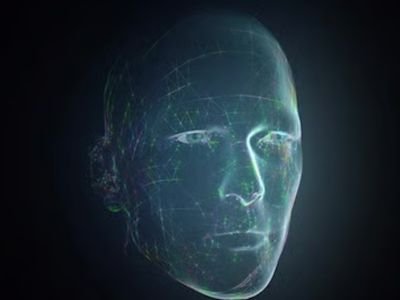Researchers in the United States have developed an artificial intelligence algorithm, FaceAge, capable of analyzing a patient’s biological age and predicting the likelihood of successful cancer treatment using a simple facial photograph. The system detects subtle indicators invisible to the human eye, such as skin tone, facial symmetry, and micro-expressions.
Testing revealed a strong correlation between perceived biological age and treatment outcomes: when the AI determined a person appeared older than their actual age, their chances of survival were lower. The model was trained on tens of thousands of publicly available images of people aged 60 and over, and later tested on 6,000 cancer patients. Results showed that biological age is a powerful indicator of a patient’s resilience to therapy.

For example, patients who looked younger than their chronological age were generally better able to tolerate intensive treatments. The researchers suggest this technology could help doctors tailor treatment plans — choosing between aggressive or more conservative options — based on individual tolerance.

Currently, FaceAge performs best on individuals with lighter skin tones, and accuracy may decline when analyzing people of other ethnic backgrounds. Additional concerns include how factors such as makeup, cosmetic surgery, or lighting conditions might affect the results.
There are also ethical considerations. If insurers were to adopt such algorithms, it could lead to discrimination. The developers emphasize that FaceAge is intended solely for medical use and must be implemented under strict ethical and regulatory oversight.
